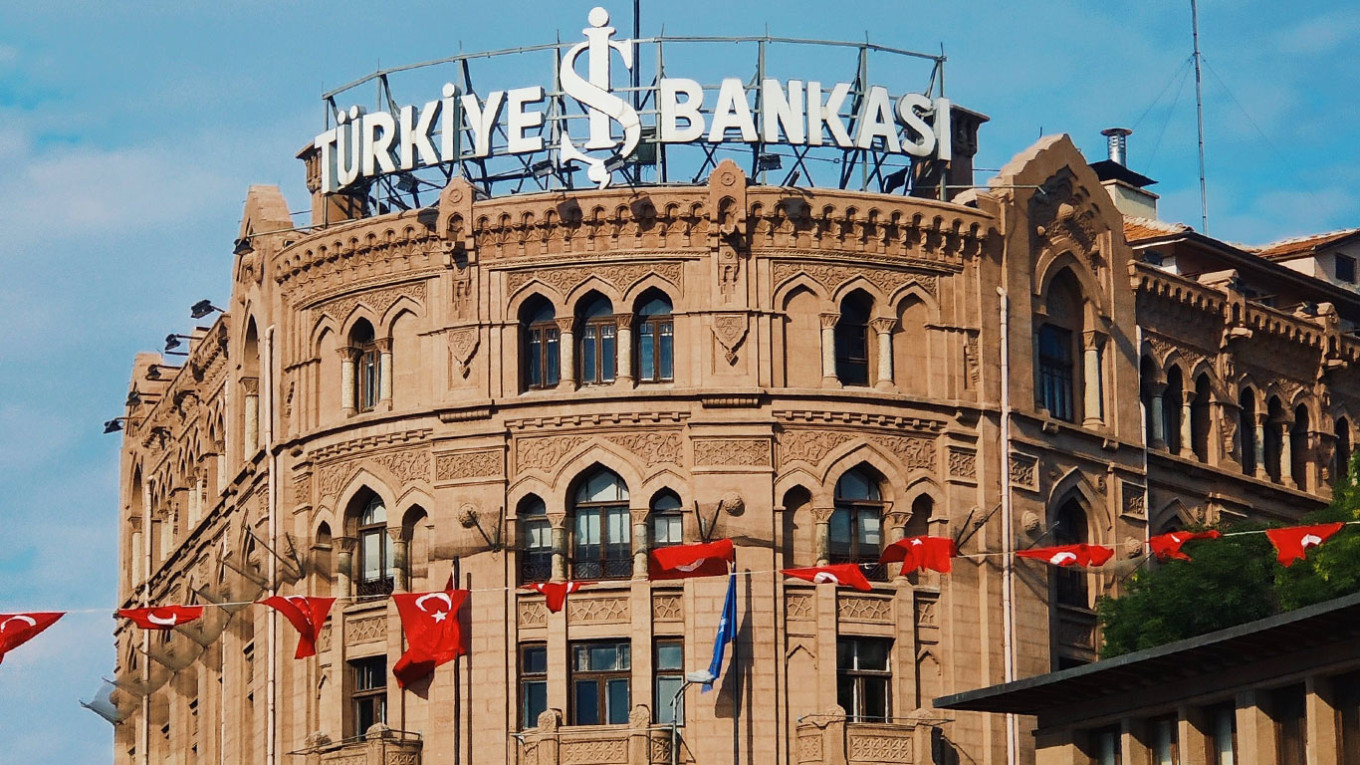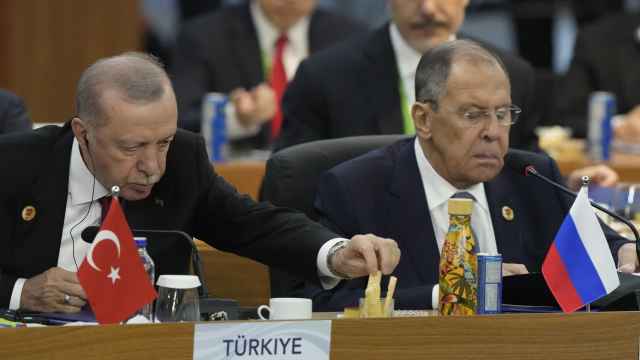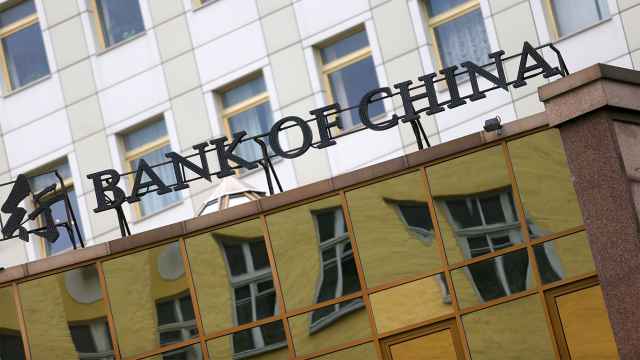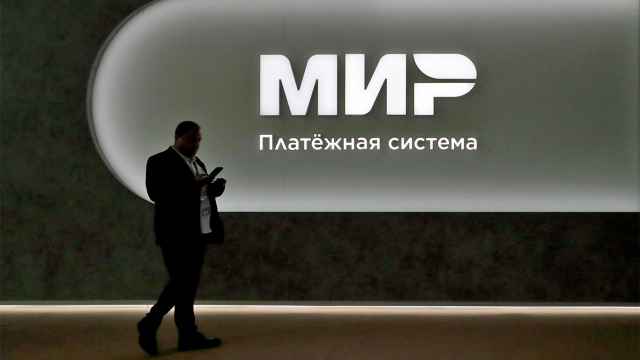Updated with Kremlin's statement.
Turkish banks have started closing Russian corporate accounts following threats of secondary sanctions from the United States, the Vedomosti business daily reported Thursday, citing financial consultants and business owners.
U.S. President Joe Biden signed an executive order in December announcing secondary sanctions on foreign banks suspected of supporting Russia’s war against Ukraine.
These warnings prompted Turkish banks to suspend processing payments and terminate relationships with nearly all Russian counterparts, media reported last month, and the move was said to have led to longer processing times for money transfers and delayed or sent back funds.
According to Vedomosti, at least two Turkish banks have begun closing the accounts of a “significant number” of Russian companies and banks after the U.S. threatened to blacklist them.
Two other Turkish banks started issuing 30-day closure notices to their Russian corporate clients who opened accounts after Moscow invaded Ukraine in 2022, the publication added.
“This mainly applies to businesses that used Turkey as a transit jurisdiction for settlements and deliveries, as well as oil and gas traders,” said Iskander Mirgalimov, an international payments consultant for Russian businesses.
Individual clients also face tighter restrictions when opening accounts, including the requirement to maintain a high balance, Mirgalimov told Vedomosti.
Moscow and Ankara are “negotiating to find a solution,” said Alexei Yegarmin, who heads the Russian-Turkish Business Council.
Later on Thursday, the Kremlin blamed “unprecedented, blatant and aggressive U.S. pressure on Turkey” and confirmed “active” talks between Moscow and Ankara were underway.
Turkey’s state banks meanwhile still process payments for non-military-related goods such as food and drugs, Vedomosti reported, noting that the payments are made in national currencies.
In January, at least two Chinese state banks reportedly stepped up compliance on funding to Russian clients amid U.S. threats of secondary sanctions.
A Message from The Moscow Times:
Dear readers,
We are facing unprecedented challenges. Russia's Prosecutor General's Office has designated The Moscow Times as an "undesirable" organization, criminalizing our work and putting our staff at risk of prosecution. This follows our earlier unjust labeling as a "foreign agent."
These actions are direct attempts to silence independent journalism in Russia. The authorities claim our work "discredits the decisions of the Russian leadership." We see things differently: we strive to provide accurate, unbiased reporting on Russia.
We, the journalists of The Moscow Times, refuse to be silenced. But to continue our work, we need your help.
Your support, no matter how small, makes a world of difference. If you can, please support us monthly starting from just $2. It's quick to set up, and every contribution makes a significant impact.
By supporting The Moscow Times, you're defending open, independent journalism in the face of repression. Thank you for standing with us.
Remind me later.






